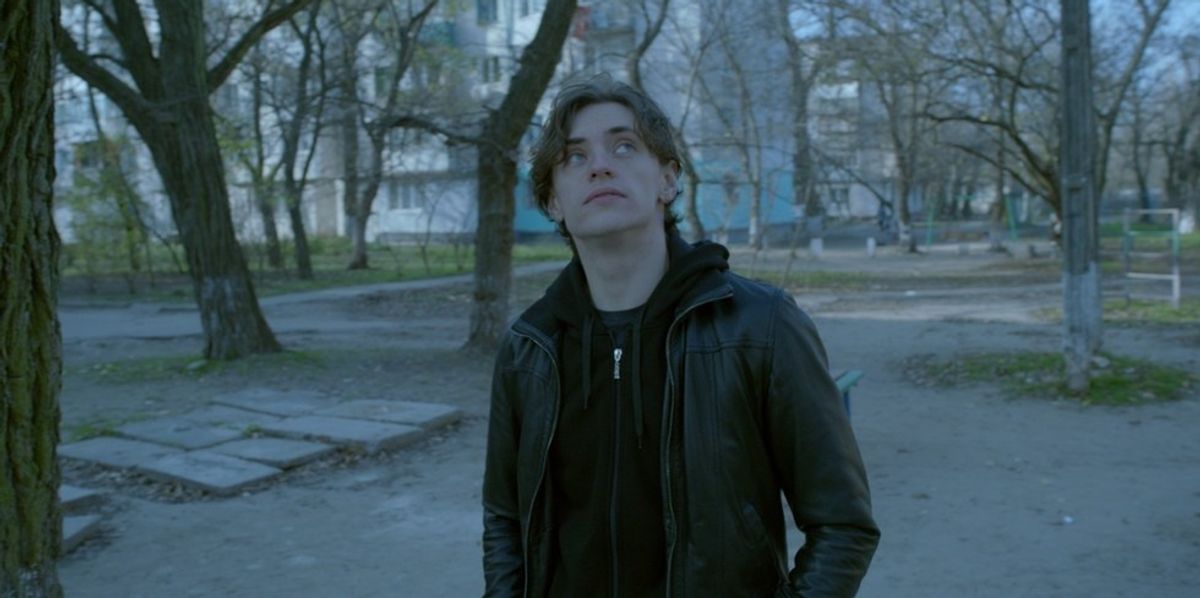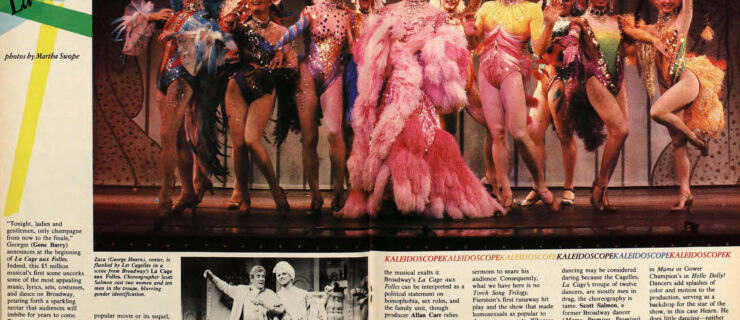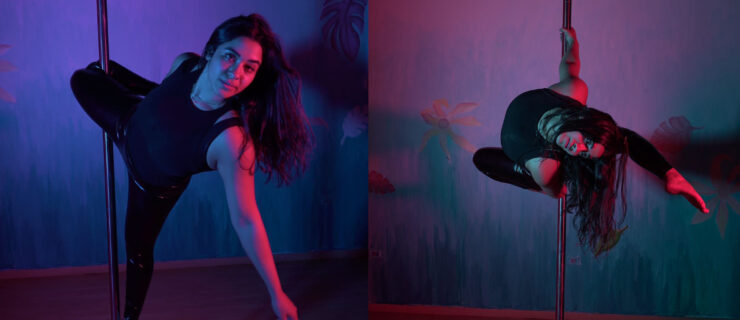Can We Please Stop Talking About Sergei Polunin?
Last week, Variety reported that Sergei Polunin would reunite with the team behind Dancer for another documentary. “Where ‘Dancer’ looked at his whole life, family and influences,” director Steven Cantor said, ” ‘Satori’ will focus more squarely on his creative process as performer and, for the first time ever, choreographer.” The title references a poorly received evening of work by the same name first presented by Polunin in 2017. (It recently toured to Moscow and St. Petersburg.)
I cannot be the only person wondering why we should care.
Allow me to explain. If you’re reading this, chances are you clicked through thinking something along the lines of, What has Polunin done this time?
Between his sexist and homophobic comments on social media in late 2018 and early 2019, Paris Opéra Ballet retracting its invitation for him to guest with the company in response, and the bizarre interview he gave The Guardian in the aftermath, it’s not an unfair assumption to make. And that’s not taking into account the reasons behind his longstanding reputation as ballet’s resident bad boy, many of which were sympathetically handled in the aforementioned Dancer documentary.
But things have been relatively calm on the Polunin front of late. Another of his self-produced shows opened at the London Palladium in June (to mediocre–at–best reviews). He started a charity geared toward ballet education in Russia. He claimed to have learned his lesson regarding social media, and his posts since have almost entirely comprised cheerful notices about his performances and other upcoming projects.
He has, in short, appeared to be quietly attempting to repair his image and career after he so gleefully set about destroying them (yet again) last winter. This new documentary, Satori, seems to be more in the same vein. Maybe it will engage with some of the issues raised by those events in a more-or-less sympathetic light. Maybe it will ignore them in hopes of sweeping that part of the narrative under the rug. (It’s worth noting that the announcement, as reported by Variety, made no reference to the recent controversies in which Polunin has been embroiled.)
I’m not sure that it matters what stance this documentary takes. It’s yet another vehicle for him to receive exactly what he wants: attention. At this point, that’s not something I believe we owe him.
In a far less widely circulated article this summer, there was a particularly telling line:
“I’m thankful people are writing about me,”
Polunin added, regardless of whether the attention is positive or negative.
I don’t believe we should further indulge his mercurial attention grabs. Maybe Polunin really did learn from the aftermath of his social media spiral. Maybe he really was in the throes of some sort of mental health crisis, as was the subject of some speculation and concern, and is now on the other side of it. Maybe he simply realized that it would be more prudent not to broadcast those wrong-headed, offensive opinions.
Regardless, all that continuing to publicize him will accomplish is to reinforce the notion that he can do whatever he wants, and, as long as it’s outrageous enough and he is later contrite enough, we’ll feed his ego by continuing to keep him in the conversation. (Aren’t we, as a field, meant to be moving away from the idea that a great enough talent excuses poor offstage behavior?) So, in this moment of relative calm, I would like to make a plea: Let’s stop talking about him.
The irony here is that in publishing this article, we are, in fact, drawing more attention to Polunin. But there are equally talented dance artists out there pursuing more artistically worthwhile projects, artists who really care about the work, and they’ve never gone on sexist, homophobic rants just for the attention. Let’s keep the conversation centered on them.
In the meantime, if Polunin’s endeavors make a positive difference in the dance or wider world, brilliant. But he shouldn’t require a spotlight in order to do so.




